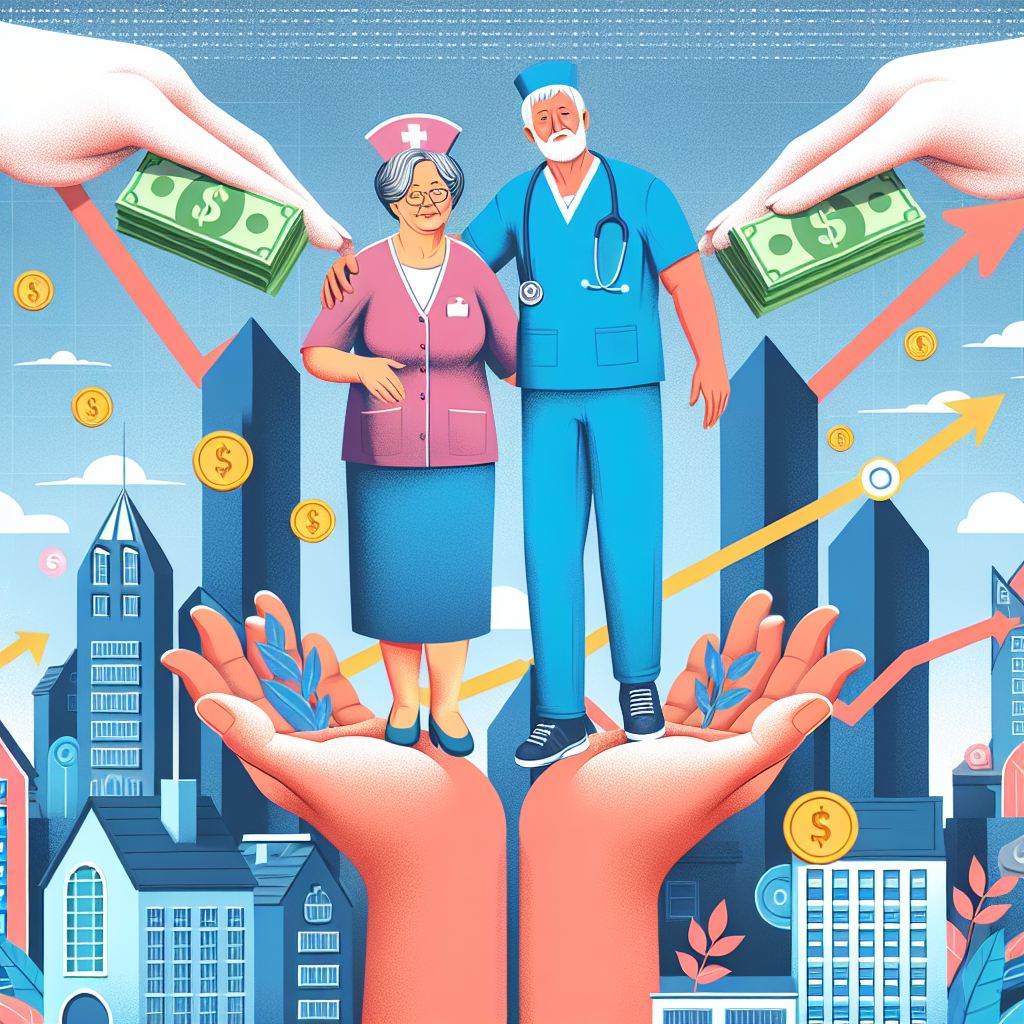New York, NY—As the global population ages, the need for comprehensive elder care services, including skilled nursing facilities, has never been more acute. While traditionally viewed through a lens of healthcare necessity and moral obligation, increasing evidence suggests that investing in eldercare, especially skilled nursing, offers tangible economic benefits to local communities. Experts argue that such investments not only enhance the quality of life for the elderly but also stimulate local economies in profound and lasting ways.
A recent study by the American Health Care Association highlights a compelling statistic: for every $1 million spent on nursing home care, 15.5 jobs are created. These jobs range from direct care positions, such as nurses and therapists, to roles in food services, maintenance, and administration. This demonstrates the significant multiplier effect skilled nursing investment can have on job creation and economic vitality.
Moreover, skilled nursing facilities often serve as anchor institutions in their communities, not only providing essential healthcare services but also driving local economic development through procurement of goods and services. “Skilled nursing facilities are like mini-economic engines,” explains Dr. Helen Baxter, a healthcare economist. “Their direct and indirect impact can buoy local businesses and support community development initiatives.”
The infusion of funding into skilled nursing goes beyond the immediate creation of healthcare jobs. It also stimulates local economies by increasing demand for local goods and services, boosting the development of ancillary businesses, and generating tax revenue that supports community infrastructure and services. Furthermore, thriving skilled nursing facilities attract healthcare professionals and their families to the community, contributing to population growth and stability.
Despite the clear benefits, funding for skilled nursing and eldercare more broadly has lagged behind need, constrained by tight government budgets and shifting healthcare priorities. Advocates argue that re-envisioning eldercare funding not just as a healthcare issue but as an economic development strategy could unlock significant investments.
“The way we care for our elderly reflects our values as a society,” Baxter notes. “But beyond the ethical imperative, there’s a strong economic argument to be made for investing in the systems that support them.”
As municipalities and states grapple with the challenges of an aging population, integrating skilled nursing and eldercare into broader economic development strategies offers a promising path forward. By fostering environments where the elderly can receive the care they need while simultaneously stimulating local job creation and economic activity, communities can achieve a win-win: improving quality of life for seniors and driving economic prosperity for all.
In the ongoing discussion about how best to support an aging population, the economic advantages of investing in skilled nursing facilities offer compelling evidence that with the right focus, funding eldercare can not only meet essential healthcare needs but also strengthen the fabric of local economies.


